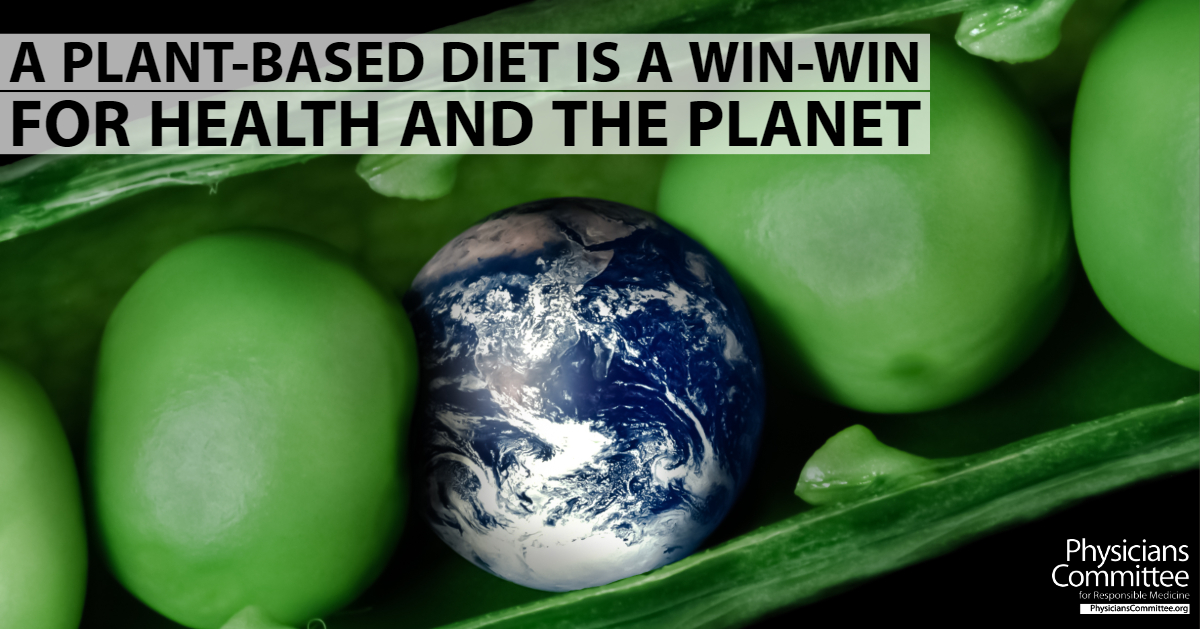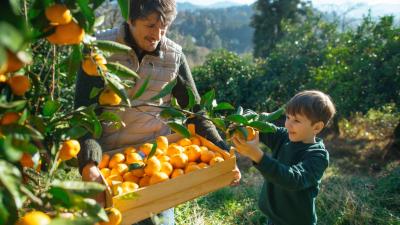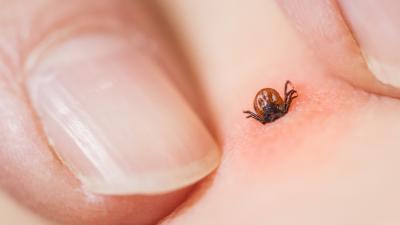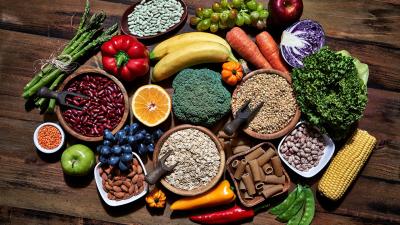How Eating More Plants Can Save Lives and the Planet

"Because food systems are a major driver of poor health and environmental degradation, global efforts are urgently needed to collectively transform diets and food production."
That’s the urgent call from leading scientific researchers in a new report in The Lancet. After reviewing the effects of food production on human health and the environment, they concluded that a dietary shift toward plant foods and away from animal products is vital for promoting human health and the health of our planet.
The researchers concluded that eating more plants would help:
- Save lives. The report found that “unhealthy diets are the largest global burden of disease,” having surpassed even tobacco use as the leading cause of death and disease worldwide. Eating more plants and fewer animal products could prevent 10.9 to 11.6 million premature deaths from heart disease, diabetes, and other chronic conditions every year, according to the researchers.
- Alleviate hunger. The report found that more than 820 million people around the world lack sufficient food. It also noted that “almost two thirds of all soybeans, maize, barley, and about a third of all grains are used as feed for animals.”
- Reduce the impacts of climate change. Researchers found that food production is responsible for up to 30 percent of total greenhouse gas emissions, with animal products accounting for the vast majority—about three-quarters—of these effects. The report states that projections for the future show that “vegan and vegetarian diets were associated with the greatest reductions in greenhouse-gas emissions.”
- Save water. Agriculture accounts for about 70 percent of freshwater use, making it “the world’s largest water-consuming sector.” Meat and dairy products lead the way in guzzling up large quantities of water. Producing just a pound of beef requires 1,800 gallons of water. Another study estimated that if the U.S. cut animal product consumption even by half, our food production would require 37 percent less water.
- Minimize agricultural land use. The report found that agriculture occupies 40 percent of Earth’s ice-free landmass, noting that animal products have a large environmental footprint on our croplands. Another 2017 study projected that if Americans ate more beans and less beef, we would require 42 percent less cropland.







